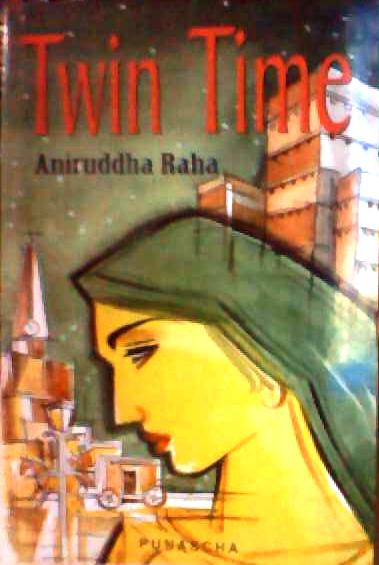Apr 14, 2025
Apr 14, 2025
 Twin Time, a third novel by Aniruddha Raha, tries to capture the twin times in India—the present times and the turbulent times during the World War II.
Twin Time, a third novel by Aniruddha Raha, tries to capture the twin times in India—the present times and the turbulent times during the World War II.
17-Nov-2012
More by : Dr. Sutapa Chaudhuri

|
“Great spirits have always encountered violent opposition from mediocre minds.” - Albert Einstein This is true forever ....... is not it ....... |